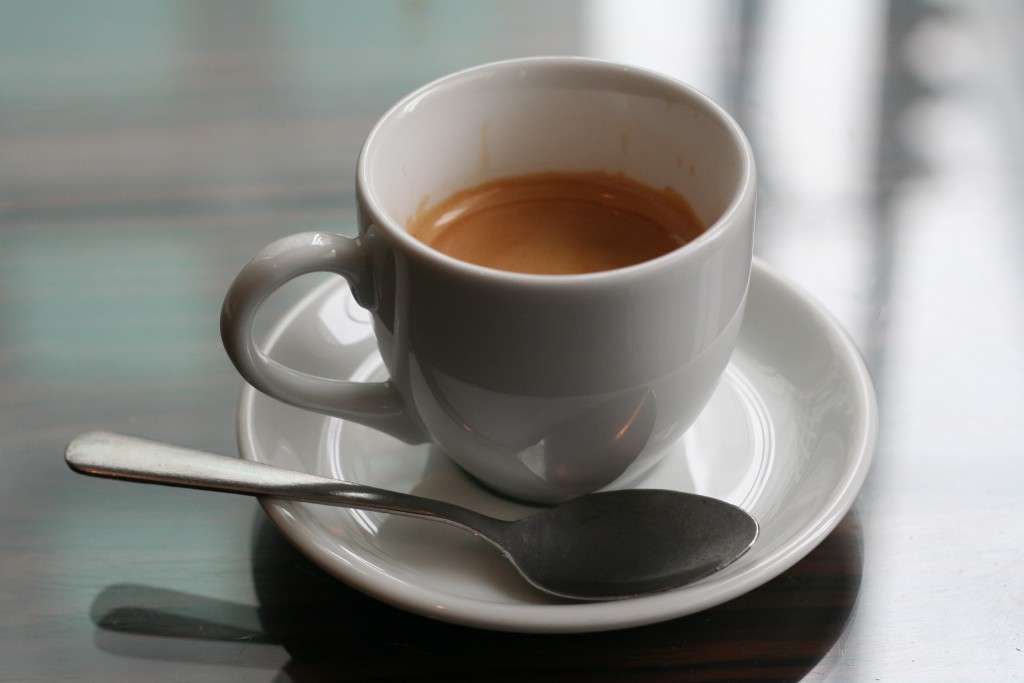The long lasting battle is on: tea or coffee, which one is healthier?
Both of them contain a certain amount of caffeine but, as most people know, coffee contains more. In the collective consciousness, the strong black beverage plays the bad guy’s part. A mysterious drug of some sort that fends off most of the common everyday dramas: fatigue, headache and, last but not least, lack of motivation. And what about the wretched pleasure of sipping a strong, dark, black coffee before smoking one (and just one) cigarette?
Whereas coffee has been passionately shamed and blamed by health freaks, tea has always been associated with mindfulness and spirituality. But is tea really that much healthier? Here is a list of pros and cons for each of our beloved beverages.
Coffee – the drink of success
History – Legend says, a long time ago, an Ethiopian shepherd noticed his goats had become hyperactive, when eating a certain kind of berry from a tree. The word quickly spread to Yemen, where Sufi Monks used this mysterious substance to keep awake during their daily prayers. By the 16th century, traces of coffee love have been found in the Middle East, Persia and Turkey.
Pros – Scientists suggest that coffee seeds can produce new drugs against heart diseases and, believe it or not, insomnia. Other researches have pointed out that a cup of coffee can be a valid measure to prevent liver cancer, colon cancer and even Parkinson.
Cons – Among the 1000 and more chemicals that have been found in roasted coffee, 19 of them are carcinogenic. Remember that caffeine is a drug and has to be taken sparingly (no more than four cups a day).
Tea – the drink of mindfulness
History – Almost 2000 years BC, in the heart of China, the Emperor used to boil water under a tree. One day, some of its leaves accidentally fell into his water: he tasted it and was surprised by its pleasantness. Little by little, thanks to the trades with the East, tea became a popular beverage in Europe and, by the 17th century, it was a fashionable drink amongst the Dutch upper class. From there, the word spread all over Europe and, finally, reached Britain.
Pros – Substances in white tea can help prevent cancer, inflammations and heart diseases. It also prevents blood clotting, Alzheimer and Parkinson.
Cons- Drinking tea too hot can increase the risk of Ephasogical cancer. Black tea may also inhibit the iron absorption in the intestines and have estrogen-like effects which have negative implications for breast and gland tumors.
So, this week, Life360 is very much concerned about its health and will drink loads of teas. Next week, it will definitely switch to coffee.

